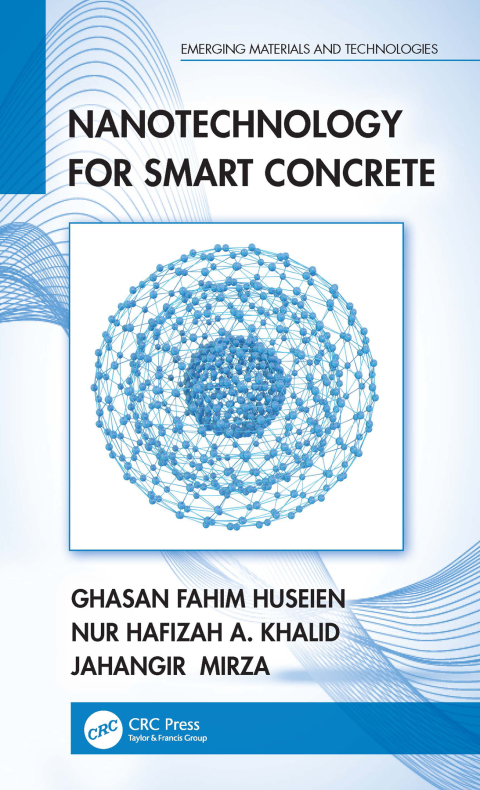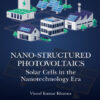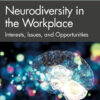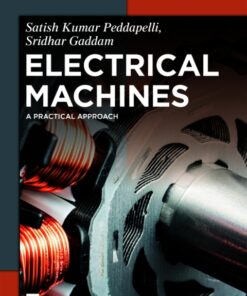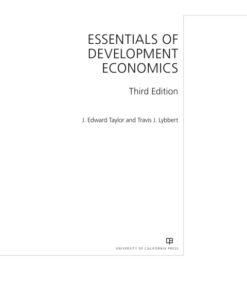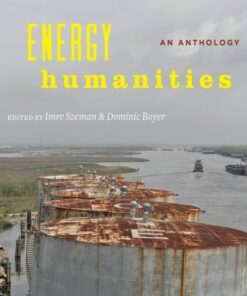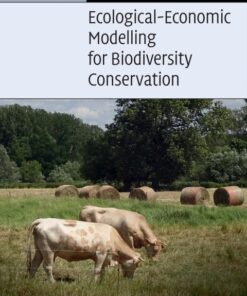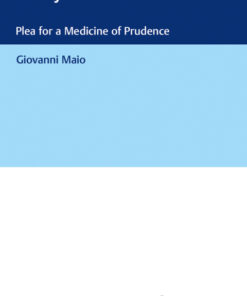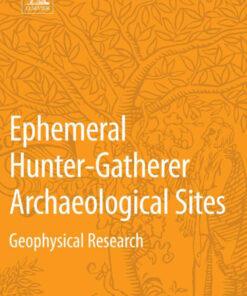Nanotechnology for Smart Concrete 1st Edition Ebook (miebook.shop)
$25.00
Ghasan Fahim Huseien; Nur Hafizah A. Khalid; Jahangir Mirza
Nanotechnology for Smart ConcreteNanomaterials can markedly improve the mechanical properties of concrete, as well as reduce the porosity and enhance the durability of concrete. The application of nanotechnology in concrete is still in its infancy. However, an ever-growing demand for ultra-high-performance concrete and recurring environmental pollution caused by ordinary Portland cement has encouraged engineers to exploit nanotechnology in the construction industry. Nanotechnology for Smart Concrete discusses the advantages and applications of nanomaterials in the concrete industry, including high-strength performance, microstructural improvement, self-healing, energy storage, and coatings. The book Analyses the linkage of concrete materials with nanomaterials and nanostructures Discusses the applications of nanomaterials in the concrete industry, including energy storage in green buildings, anti-corrosive coatings, and inhibiting pathogens and viruses Covers self-healing concrete Explores safety considerations, sustainability, and environmental impact of nanoconcrete Includes an appendix of solved questions This comprehensive and innovative text serves as a useful reference for upper-level undergraduate students, graduate students, and professionals in the fields of Civil and Construction Engineering, Materials Science and Engineering, and Nanomaterials. Dr. Ghasan Fahim Huseien is a research fellow at the Department of Building, School of Design and Environment, National University of Singapore, Singapore. He received his PhD degree from the University of Technology Malaysia in 2017. Dr. Huseien has over 5 years of Applied R&D and 10 years of experience in manufacturing smart materials for sustainable building and smart cities. He has expertise in Advanced Sustainable Construction Materials covering Civil Engineering, Environmental Sciences and Engineering. He has authored and co-authored 50+ publications and technical reports, 3 books, and 15 book chapters, and participated in 25 national and international conferences/workshops. He is a peer reviewer for several international journals as well as Master’s and PhD students. He is a member of the Concrete Society of Malaysia and the American Concrete Institute. Dr. Nur Hafizah Abd Khalid is a Senior Lecturer at the School of Civil Engineering, Universiti Teknologi, Malaysia (UTM), and is a research member of the Construction Material Research Group (CMRG). She is currently a Council Member of the Concrete Society Malaysia (CSM). She earned her Master’s degree on structure and materials in 2011 from the Universiti Teknologi Malaysia. She received a Young Women Scientist Award (representing Malaysia) in 2014 in South Korea by KWSE/APNN. She is currently appointed as an Inviting Researcher at Hunan University, China, funded under the Talented Young Scientist Program (TYSP). Her research interests focus on concrete structural systems, advanced concrete technology (green concrete technology and fibre reinforced concrete), civil engineering materials, polymer composites, and bio-composites. Professor Dr. Jahangir Mirza has over 35 years of Applied Research and Development (R&D) as well as teaching experience. He has expertise in Advanced Sustainable Construction Materials covering Civil Engineering, Environmental Sciences and Engineering, Chemistry, Earth Sciences, Geology, and Architecture departments. He has been a Senior Scientist at the Research Institute of Hydro-Quebec (IREQ), Montreal, Canada since 1985. He has been a Visiting Research Professor for the Environmental Engineering program at the University of Guelph in Ontario, Canada since 2018. ISBN: 9781032051277, 1032051272

